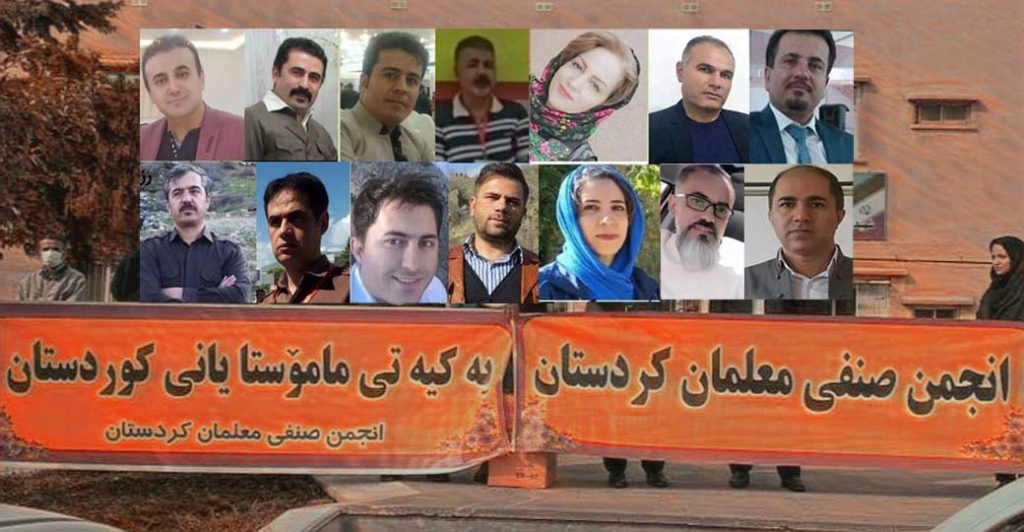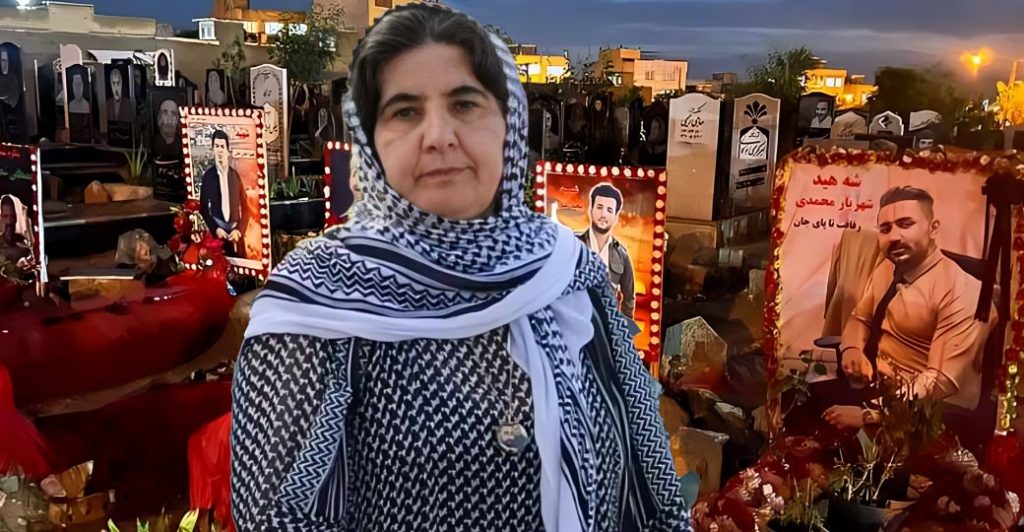Mohsen Esfandiari-Tabar and Lotfollah Parviz, two Kurdish civil rights activists from Gilan-e-Gharb, Kermanshah Province, have been provisionally released on bail after being detained for several weeks, the Kurdistan Human Rights Network (KHRN) has learned.
Esfandiari-Tabar, a 38-year-old navy lieutenant colonel, was released on bail of 10 billion rials (nearly 20,000 USD), while Parviz, a 48-year-old teacher, was released on a 20-billion-rials bail (40,000 USD) on 8 September.
On 29 August, the two men were transferred from the detention centre of the Intelligence Organisation the Islamic Revolutionary Guard Corps (IRGC) at the Nabi Akram military base in Kermanshah to the Criminal Investigation Department’s Central Detention Facility in the city.
They had been charged with “disturbing public opinion” by Branch 16 of Kermanshah Prosecutor’s Office, presided over by Judge Arash Bahmani.
While in custody, they faced pressure to confess to the charges related to their alleged management of social media accounts on Telegram and Instagram and were also held in solitary confinement in the IRGC Intelligence detention facility.
Esfandiari-Tabar, a 38-year-old navy lieutenant colonel, was arrested by IRGC intelligence agents on 29 July as he left his family home in Tehran, and later informed his wife by telephone that he had been transferred to Kermanshah.
The activist had previously been summoned and threatened by the security services in connection with the Newroz celebrations in Gilan-e Gharb.
Parviz, a 48-year-old teacher, was arrested by IRGC intelligence agents in Gilan-e Gharb on 13 August, along with Maria Khani, Jahangir Azadi, Hamidreza Rahimian, Mostafa Rostami and Salman Parvan.
Two days later, another activist, Arash Olfati, was arrested in the city of Hamadan, Hamadan Province.
Olfati, Khani, Azadi, Rahimian and Rostami were released on bail of 20 billion rials (nearly 40,000 USD) on 26 and 27 August, while Parvan, a disabled civil rights activist, was released on 16 August on the grounds that he was unable to withstand the conditions of his detention.






